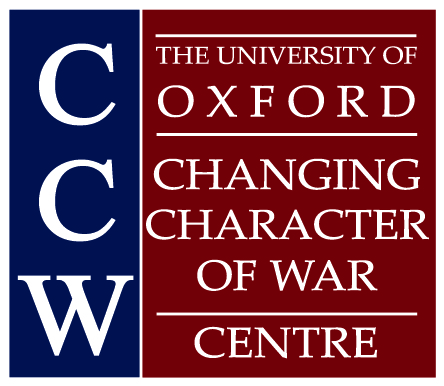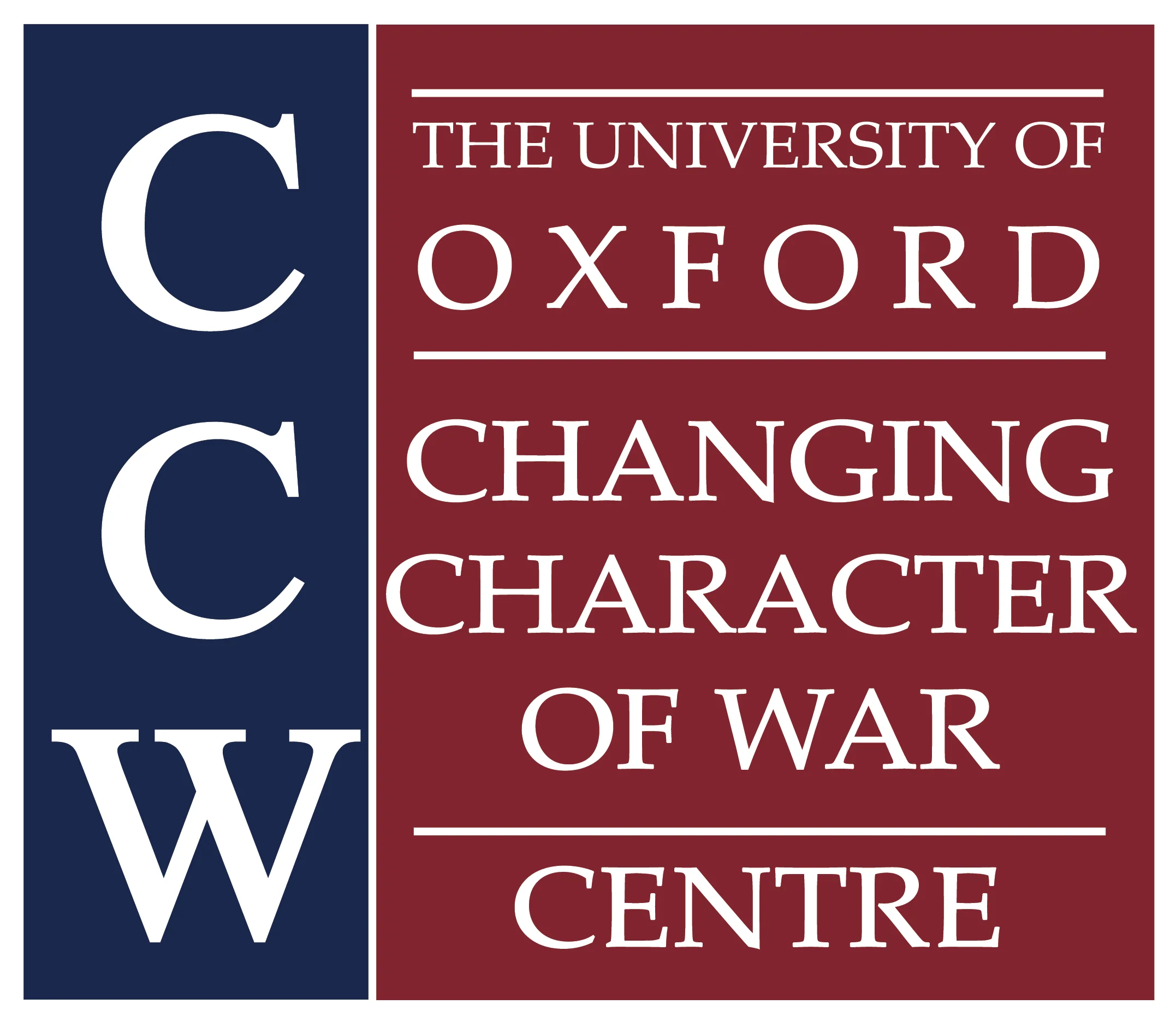On September 12th, in partnership with the Norwegian Ministry of Defence and the Ax:Son Johnson Foundation, the Changing Character of War Centre was pleased to host the conference ‘Britain’s Defence Policy: Alliance, Coalitions, and Partnerships’. The event was structured as a series of presentations and debate sessions, chaired by Dr Rob Johnson, Director at CCW, and Professor Janne Haaland Matlary, Head of the International Politics section at the University of Oslo and adjunct professor at the Norwegian Command and Staff College. Aimed at the composition of an edited volume due to be published next year, the seminars brought together a diverse range of panellists from the universities of Oxford, Exeter and Oslo, the United States’ National Security Council, NATO, École Spéciale Militaire de Saint-Cyr, the Norwegian Staff College, the Norwegian Institute for Defense Studies, and both the UK and Norwegian Armed Forces.
The discussions were divided into four main categories, each pertinent to the formulation of contemporary British strategy: British Strategic Thinking about Britain’s Role; the ‘Special Relationship’ and Britain’s NATO role; French, German and EU Policy; and Britain’s Leading Role in Northern Europe. These sessions spurred in-depth debate, confronting a broad range of issues from the UK’s new aircraft carriers to the evolving state of NATO. Overall, this marked the critical need - in the midst of on-going Brexit negotiations, an unpredictable Trump administration, and instances of Russian aggression in Europe - not only to clarify the position for Whitehall policy-makers, but also to further investigate foreign perspectives of British strategy.

















